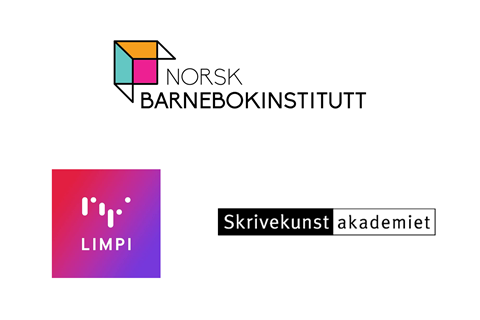Three University Colleges must address deficiencies in their systematic quality work following NOKUT’s supervision
All three university colleges must address deficiencies in their systematic quality work following NOKUT’s supervision before their quality work can be approved. Two have some deficiencies, while one has significant deficiencies and must undergo a completely new review in 2025.

NOKUT has conducted supervision of the systematic quality work at Skrivekunstakademiet, the Norwegian Institute for Children's Books, and the Lillehammer Institute of Music Production and Industries (LIMPI). Skrivekunstakademiet and LIMPI each offer a one-year study program, while the Norwegian Institute for Children's Books offers a master's degree, a bachelor's degree, and a 30-credit further education program. For LIMPI, this was the first NOKUT supervision since their study program was accredited in 2016.
"It is the educational institutions themselves that are responsible for the quality of the study programs they offer. NOKUT's role is to conduct external quality assurance through supervision, where NOKUT checks that the institutions manage this responsibility in a satisfactory manner. At the same time, institutions should receive advice on further developing their quality work," says NOKUT Director Kristin Vinje.
The supervision shows that the quality work at Skrivekunstakademiet and the Norwegian Institute for Children's Books has some deficiencies. Both university colleges must document by January 7, 2025, that they have addressed the deficiencies. LIMPI's quality work has significant deficiencies, and the university college must address these deficiencies by May 7, 2025.
"All three institutions receive positive feedback from the expert committee, but there are also several things they need to work on to get their quality work approved," says Vinje.
Skrivekunstakademiet
In its recommendation, the expert committee writes that it is left with an impression of engaged and interested students and staff who want to contribute to good education. The committee also sees that the institution has worked purposefully to improve the quality system. The deficiencies in the quality work are that the college must document routines and practices for periodic evaluations and systematic control of the study program, and that the quality work must have a clearer anchoring in a strategy.
The Norwegian Institute for Children's Books
The expert committee sees that the Norwegian Institute for Children's Books takes quality work seriously, and that a clear quality culture permeates the entire institution. Although the committee gives much praise to the college, the experts also state that two of the requirements for systematic quality work are not met, namely the requirements to conduct periodic evaluations and systematic control of the study programs.
LIMPI
The expert committee sees that LIMPI has put a lot of effort into developing the quality system in recent years. When the committee concludes that the quality system has significant deficiencies, it is justified by the experts finding that more systematic work related to quality development is necessary. LIMPI offers education at university college level and must meet the requirements set for higher education institutions, the expert committee states.
Legally Required Supervision
Norwegian universities and university colleges are required to have a satisfactory system for quality assurance of education. The systematic quality work should ensure that the institutions secure and further develop the quality of the education they offer.
Supervision of the institutions' systematic quality work is a legally required task for NOKUT, and all universities and university colleges must undergo such supervision every six to eight years. NOKUT's work with external quality assurance is anchored in the European Standards and Guidelines for Quality Assurance in the Higher Education Area (ESG 2015).
The goals of the periodic supervision are:
- To check that the institutions' systematic quality work meets the current legal and regulatory requirements
- To encourage institutions to further develop the quality of their education through systematic quality work
- To provide advice, so that institutions receive input for further development of their systematic quality work
